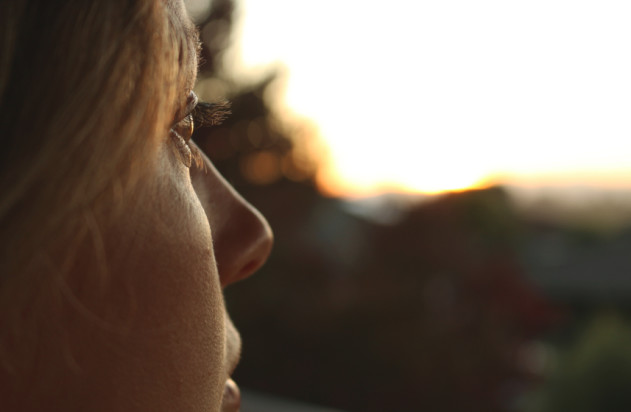I just consider myself a woman in the absence of a uterus and ovaries.
While it could be easy to lie to myself and pretend I’m just a “normal” cis-gender woman (a person whose self-identity conforms with the gender they were born as), I know it’s not really the case.
My chromosome makeup is 46 XY; I have typical female genitalia and though I was born appearing just like a “normal” girl, internally I had testes instead of ovaries, which means I’m an intersex female.
Being intersex is very different to being transgender. Intersex refers to a broad array of conditions in which people don’t fit into the typical definitions of male and female. In some circumstances, an infant may be born with ambiguous genitals, and, in such a case, many doctors have previously felt the need to “normalize” the genitals, thus, assigning a gender to the infant. This can obviously become problematic if the surgically altered genitals don’t coincide with the child’s own gender identity.
I didn’t always know I was intersex. At three months old, I was operated on to have a hernia repaired, and it was during the procedure the surgeon saw that I had testes. Because most doctors believe internal testes could become cancerous, mine were removed a few months later and it was suggested my parents should raise me as a girl. I guess you could say I’m lucky, since I was brought up female, felt female, and looked like a girl.
I’ve known since I was 10 years old that I had a certain “condition,” but didn’t perceive I was really different from any of my female peers. Even in high school, although I was aware of my congenital difference, I just considered myself a girl in the absence of a uterus and ovaries.
Fortunately, my specific condition didn’t adversely affect my childhood, at least not to a high degree, and my self-perception growing up was not terribly negative—my genitals were not ruined and I was never seriously ill.
I did feel embarrassed changing in the locker room for gym class when all the other girls around me seemed much more well-endowed in the boob department than I was, though. I guess you could say I used to view my body as “boyish.” As well as this, at the beginning of adolescence I felt isolated knowing I’d never experience a menstrual period like my friends, and a little sad I couldn’t experience that rite of passage with them.
There’s a common misconception an intersex person is a hermaphrodite—half man and half woman—with a small penis and partial vagina. Yet intersex can vary between multiple biologic conditions, and although I’d heard of the word, I had no idea it applied to me until I was much older, when I attempted to join the military.
“Being intersex has taught me that a person is a person, not a gender.”
Because I couldn’t answer the question in the medical application forms of when my last period had occurred, I left it blank. When the medical officer commented on my blank answer, I contemplated lying for a moment because I knew there was going to be an issue with what I would reveal. In the grand scheme of things, it didn’t matter. There’s a set discriminatory policy which prevents people like myself from serving in the Armed Forces of the United States.
Even after waiting nearly four months for blood work appointments and bone density scans to make sure I was healthy, I was still denied entry due to “defect of genitalia,” despite the fact that I look like a typical woman. What’s most frustrating for me, is knowing if I’d simply lied, I would be working within one of the Navy fleets at the moment.
I don’t typically tell people in my life I’m intersex unless it’s a very close friend whom I feel I can confide in, or a family member. It’s not that I’m ashamed, but I’d rather not be treated differently due to my intersex identity.
I’ve been really fortunate the close few I’ve told so far have been very accepting and supportive. If anything, I think doctors interact with me the most differently. Although I haven’t had any horrible experiences at clinics I’ve visited, a couple of endocrinologists have spoken to me as though I had a medical condition of concern. But the last gynecologist who examined me said everything downstairs appeared to be quite normal. Afterwards I felt so happy; it made me feel more like a true woman.
I wish people understood just because we don’t fit into the gender binary, it doesn’t mean we can’t be productive and happy people. So many intersex people have been operated on for the sole purpose of being “normalized,” when in reality, the surgeries often result in negative consequences.
Sex is essentially a social construct. Being intersex has taught me a person is a person, not a gender. Everyone should try looking beyond that and evaluate someone based on their character, not by what may or may not be between their legs.
If you’d like to know more about the Intersex community, head to Inter/Act Youth. You can watch Lavelle’s videos here.
Lavelle Wollam is a 20-something who identifies as an intersex woman and is currently lacking direction in life, but happy to admit it. Follow Lavelle on Twitter and Google+.
This originally appeared on SHESAID.com. Republished here with permission.
Other Links:


